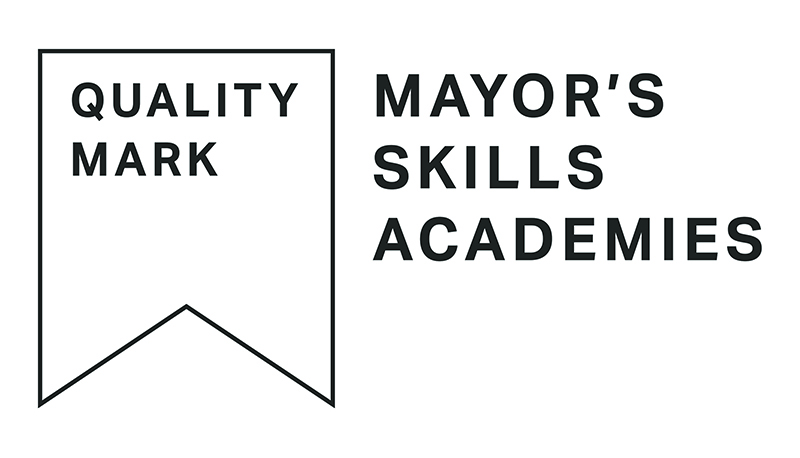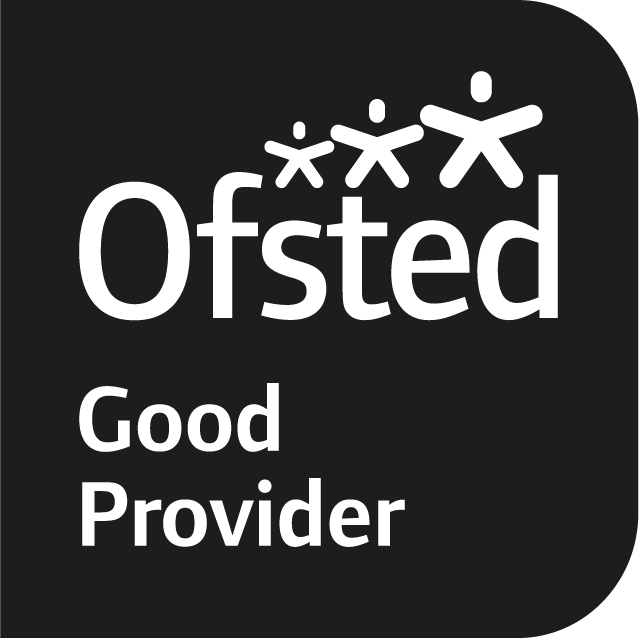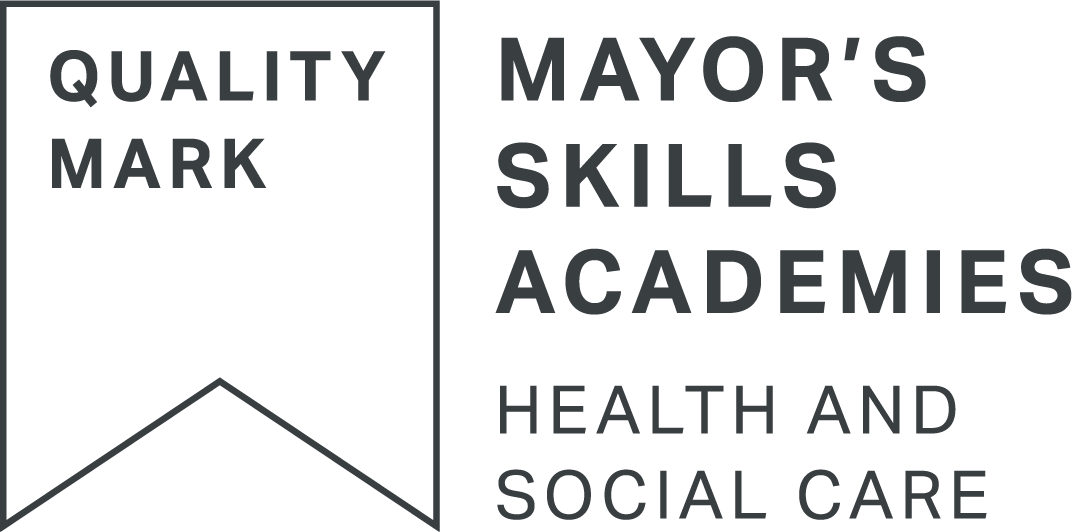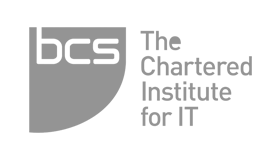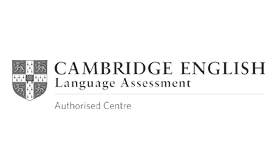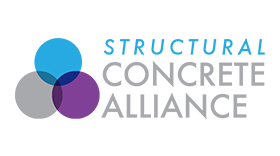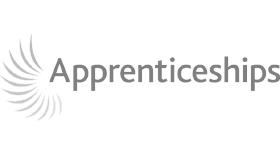This course really encourages you to think for yourself, to question the world around you and to see issues from a different point of view. This is valuable to most employers and universities.
The course will cover three components:
A) UK Politics And Core Political Ideas
Democracy and Participation
The development of democracy in the UK, participation, democratic theory and the influence of pressure groups.
Political Parties
UK political parties, our changing party system and the origins and development of the Conservative, Labour and Liberal Democrat parties.
Electoral Systems
The different types of voting systems used in the UK, the impact they have on the parties and the use of referendums in the UK.
Voting Behaviour and the Media The study of three General Elections, why did people vote the way they did? How did the media influence this process?
Conservatism
What are their core principles and ideas? Different groups within Conservative thinking and the key thinkers.
Liberalism
What are their core principles and ideas? Different groups within Liberal thinking and the key thinkers.
Socialism
What are their core principles and ideas? Different groups within Socialist thinking and the key thinkers.
B) UK Government And Non-Core Political Ideas
The Constitution
The Rule of Law and the numerous sources that make up the British Constitution. How is our Constitution changing?
Parliament
The House of Commons and the House of Lords. The differences between them and how they work.
The Prime Minister and the Executive Who sits in the Executive? What are the powers of the Prime Minister? What type of government do we have in the UK?
Relations Between the Branches
Sovereignty, the role of the UK Supreme Court and our changing relationship with the European Union.
Nationalism
What are their core principles and ideas? Different groups within Nationalist thinking and the key thinkers.
C) Global Politics
The State and Globalisation
The Nation State and the growth of globalisation. Are we moving towards a mono-cultural world?
Global Governance: Political and Economic
The differences between the Global North and Global South, the United Nations, and NATO. The WTO, G7, G20, IMF and the World Bank.
Global Governance: Human Rights and Environmental
The ICJ and the ICC, war crimes, crimes against humanity and the impact of sovereignty. Key environmental issues and the key conferences.
Power and Developments
Hard power and soft power, the key superpowers and the powers of the future. Different types of state in the world.
Regionalism and the EU
The growth of Regionalism and regional organisations. The EU and its role in the world (another key power)?
Comparative Theories
Realism vs. Liberalism, how do these competing views of the world shape foreign policy? How do they explain recent developments?
You can expect to study:
- Unit 1: UK Politics and Core Political Ideas - democracy and participation, political parties, electoral systems, voting behaviour and the media, conservatism, liberalism, socialism
- Unit 2: UK Government and Non-Core Political Ideas - the constitution, parliament, the Prime Minister and the executive, relations between the branches, nationalism
- Unit 3: Global Political Issues - the state and globalization, global governance (political/economic/human rights/environmental), power and developments, regionalism and the EU, comparative theories.
All three units are assessed by exam (there is no coursework). These exams will take place at the end of the second year.
To explore the specification further, please use the following link:
https://qualifications.pearson.com/content/dam/pdf/A%20Level/Politics/2017/Specification%20and%20sample%20assessments/A-level-Politics-Specification.pdf


